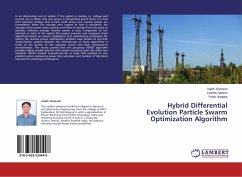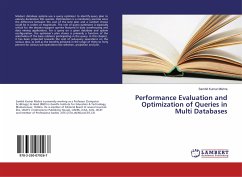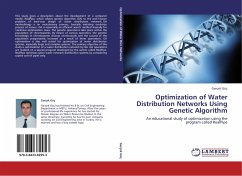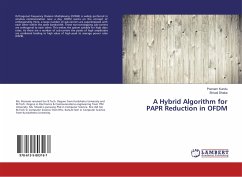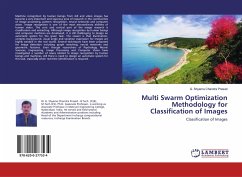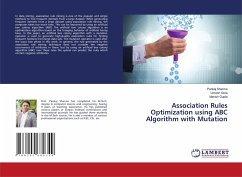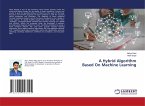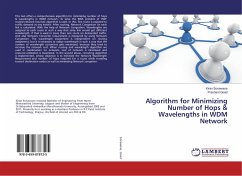In an alternating current system, if the system is resistive i.e. voltage and current are in phase only real power is transmitted and if there is a time shift between voltage and current both active and reactive power are transmitted. When the average with respect to time is calculated, the average active power exists causing a net flow of energy from one point to another, whereas average reactive power is zero, irrespective of the network or state of the system.This project presents and compares three algorithms based on swarm intelligence and evolutionary techniques for solving the reactive power optimization problem Case studies on the IEEE 10-bus,34-bus systems illustrate the effectiveness of these algorithms in terms of the quality of the solutions found and their convergence characteristics. The results proved that the proposed DEPSO algorithm provides higher-quality solution with smaller iterations than the other two methods. DEPSO indeed outperforms DE or basic PSO methodon this problem when comparing power loss reduction and number of iterations required for achieving convergence
Bitte wählen Sie Ihr Anliegen aus.
Rechnungen
Retourenschein anfordern
Bestellstatus
Storno

